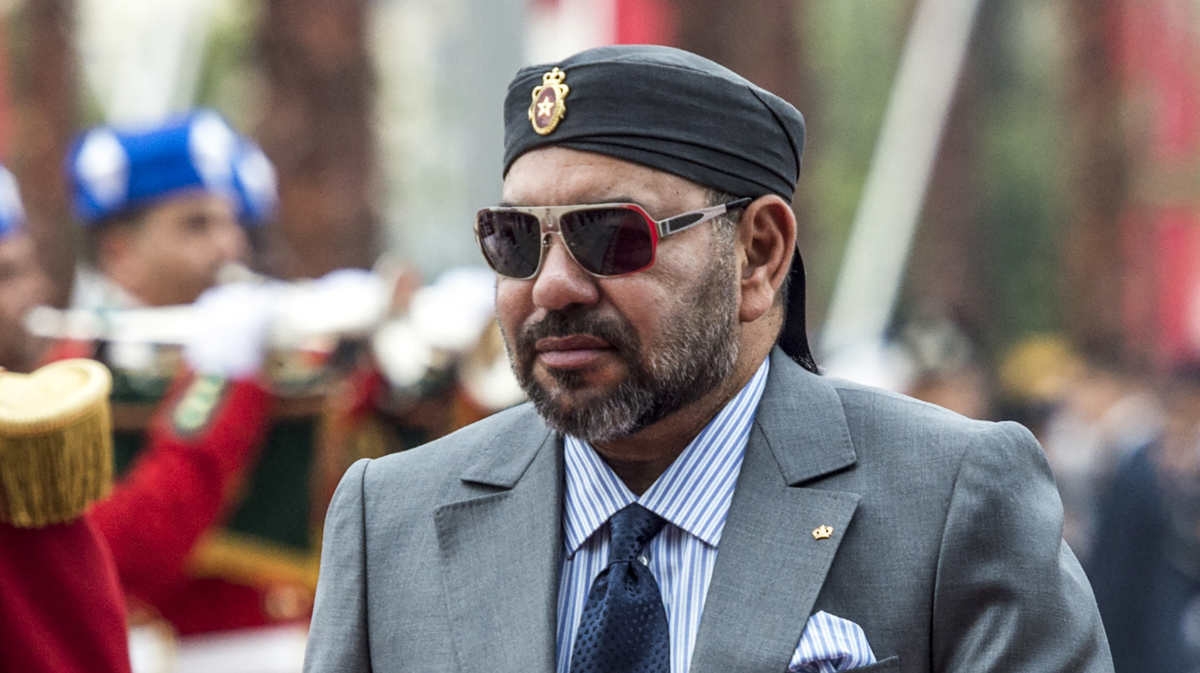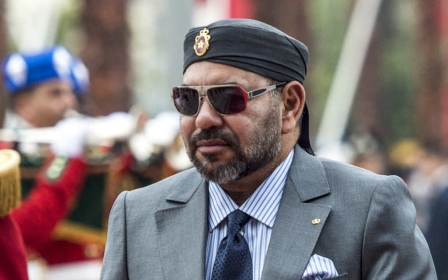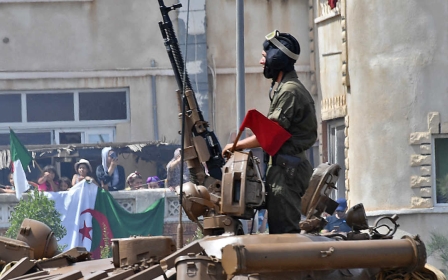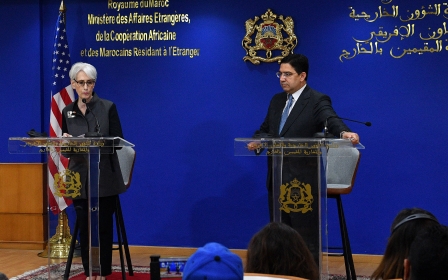Israel recognises Morocco’s sovereignty over disputed Western Sahara

Israel has recognised Morocco’s sovereignty over the disputed Western Sahara, the Moroccan Royal Court said in a statement on Monday.
Prime Minister Benjamin Netanyahu informed Moroccan King Mohammed VI of the decision in a letter and said that Israel would register its decision with the United Nations and other international organisations. Israel is also considering opening a consulate in the city of Dakhla.
Netanyahu's office confirmed the announcement.
"This step will strengthen the relations between the countries and between the peoples and the continuation of cooperation to deepen regional peace and stability," Israeli foreign minister Eli Cohen said.
The decision is a major win for Rabat, which has worked for years to convince countries to recognise its sovereignty over Western Sahara.
New MEE newsletter: Jerusalem Dispatch
Sign up to get the latest insights and analysis on Israel-Palestine, alongside Turkey Unpacked and other MEE newsletters
The US recognised Moroccan sovereignty over the territory in 2020 in exchange for Rabat’s normalisation of ties with Israel as part of the Abraham Accords, which also saw Bahrain and the UAE establish official relations with Israel.
Israeli officials said in June they were debating the move, but in July said they would condition recognition on whether Morocco convened a forum between the US, Israel, and Arab states.
The Negev summit was set to be held in Morocco later this year. The summit was first held last year at Israel’s Sde Boker kibbutz, which saw the foreign ministers of Israel, the UAE, Bahrain, Egypt, Morocco, and the United States come together.
The aim of the meetings is to deepen cooperation between Israel and its Arab neighbours. Morocco cancelled the forum last month in protest against Israel's military campaign in the occupied West Bank and illegal settlement expansion.
As of Monday, Morocco hadn’t publicly announced plans to reschedule the forum.
Tensions in the occupied West Bank have been simmering for months but ratcheted up to new levels in July after Israel launched a large-scale assault on the Jenin refugee camp.
At least 12 Palestinians were killed and more than 100 were wounded by the Israeli operation. Almost a third of the refugee camp, around 4,000 Palestinians, fled their homes, according to the Palestinian Red Crescent. The assault was widely condemned in the Arab and Islamic world.
Middle East Eye delivers independent and unrivalled coverage and analysis of the Middle East, North Africa and beyond. To learn more about republishing this content and the associated fees, please fill out this form. More about MEE can be found here.




